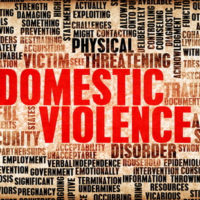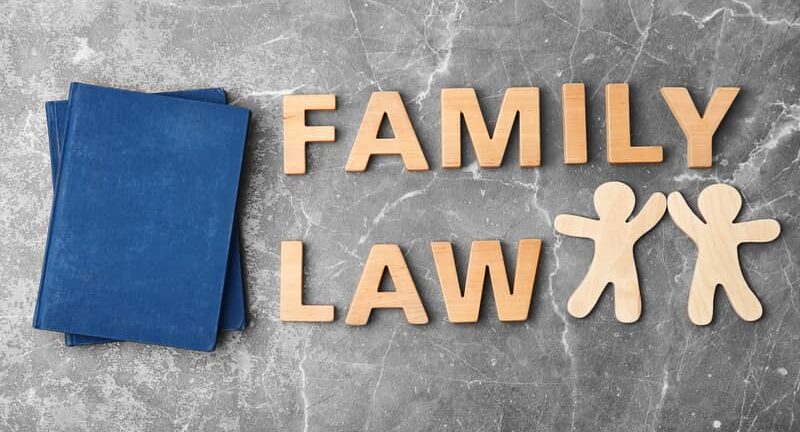
 Advocates against domestic violence organized a march in Charlotte on September 28th, according to an article by FOX 46 Charlotte.
Advocates against domestic violence organized a march in Charlotte on September 28th, according to an article by FOX 46 Charlotte.
Featuring domestic violence victims, members of the community and law enforcement officials in their ranks, the advocates marched along North Tryon Street. They displayed a number of signs with messages such as “verbal abuse is domestic abuse” and “men, step up and prevent dv.”
A domestic violence counselor for the Charlotte-Mecklenburg Police Department (CMPD) highlighted the importance of establishing a support network for victims. The counselor also underlined the CMPD dedication to domestic violence issues, with six detectives and four counselors available to victims. The counselor also highlighted the partnership between the CMPD and the Charlotte branch of the Domestic Violence Advocacy Council.
In light of this new development, we will review North Carolina laws concerning domestic violence in the following sections.
How Does North Carolina Define Domestic Violence?
In Section 50B-1 of the North Carolina General Statutes, we can find the state-specific definition of domestic violence.
The first requirement of domestic violence involves a personal relationship. We will discuss the parameters of personal relationships below. But for now, we must note that domestic violence can only apply if the parties have a personal relationship.
The second requirement of domestic violence in North Carolina involves the commission of certain crimes. It is domestic violence if the perpetrator:
- Causes or attempts to cause bodily injury;
- Inflicts substantial emotional distress by placing the aggrieved party in fear of imminent serious bodily injury or continued harassment; or
- Commits rape or other sex offenses.
There is an important exception to Section 50B-1 concerning self-defense. It is not illegal for individuals to defend themselves in a reasonable manner.
How Does North Carolina Define Personal Relationship?
Section 50B-1 also provides us with North Carolina’s definition of personal relationship. As domestic violence only applies in cases where there is a personal relationship, this is an important concept to grasp.
Section 50B-1 outlines a number of categories that qualify as a personal relationship. People who are currently or were previously married spouses. People of the opposite sex who lived together or have previously dated also qualify. People who are engaged in a parent-child relationship – including grandparents and guardians – qualify as well. And another example is current or former household members, even if no dating relationship exists.
Do You Have Questions for an Experienced Family Law Attorney?
Whether you are dealing with domestic violence, divorce or other aspects of family law, it is paramount to take a cautious approach. After all, the legal issues at play concern you and your family, making it difficult to balance personal interests against family needs. Thankfully an experienced family law attorney at the North Carolina office of Powers Landreth PLLC can help you plan the road to recovery with carefully implemented strategy. Don’t hesitate to reach out to us today for help.
Resources:
fox46charlotte.com/news/local-news/dozens-march-against-domestic-violence-in-charlotte
ncleg.net/gascripts/statutes/StatutesTOC.pl?Chapter=0050B
Related Posts
Equitable Adoption in North Carolina
The doctrine of Equitable Adoption is a judicially created “equitable” remedy...
Domestic Violence and the LGBT+ Community
According to the National Coalition Against Domestic Violence, LGBT+ persons are...

